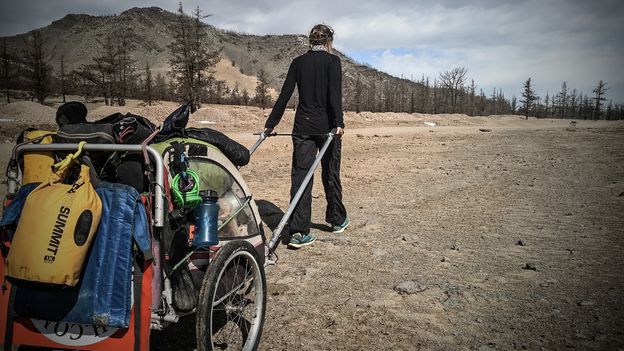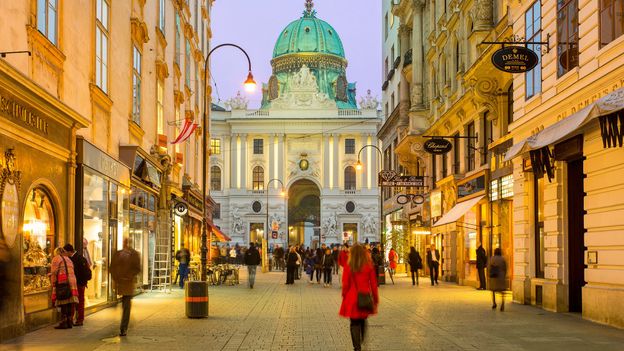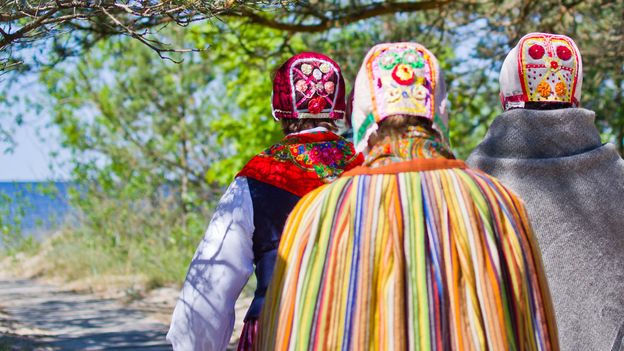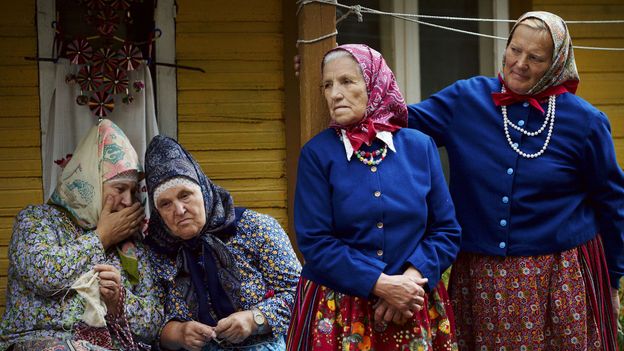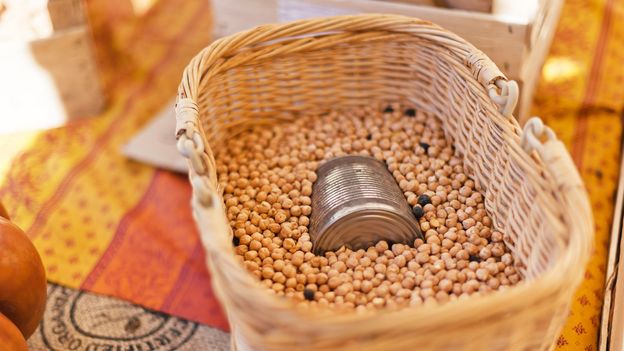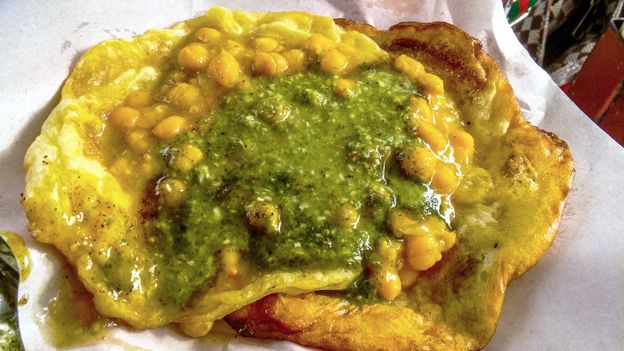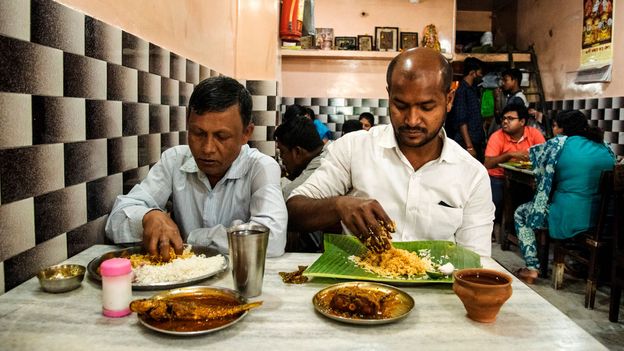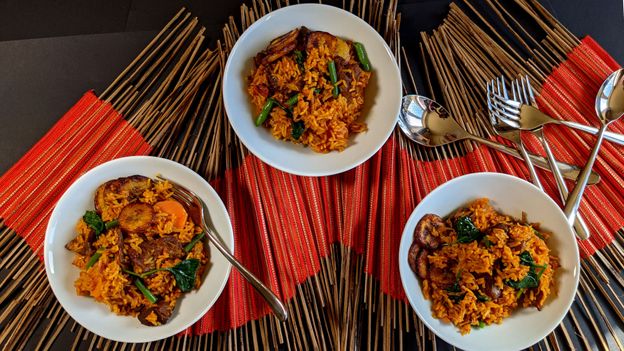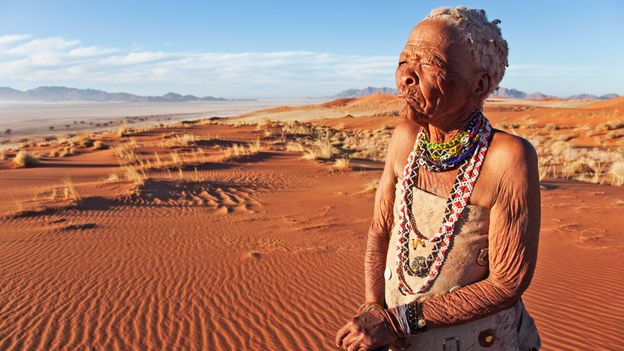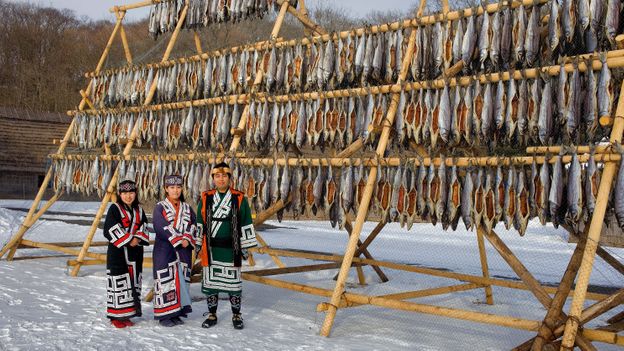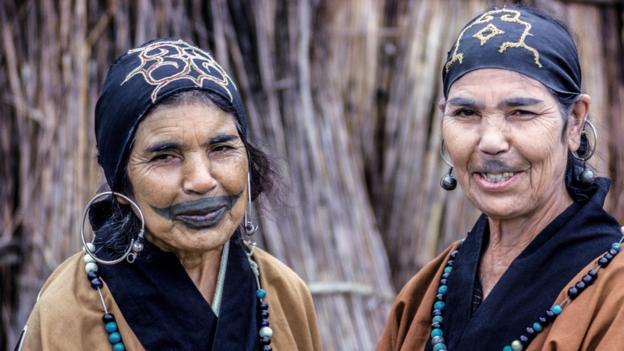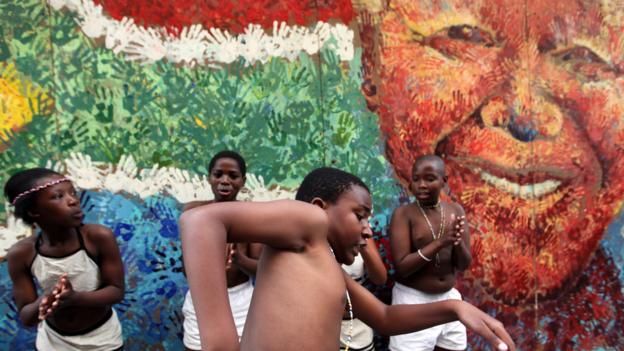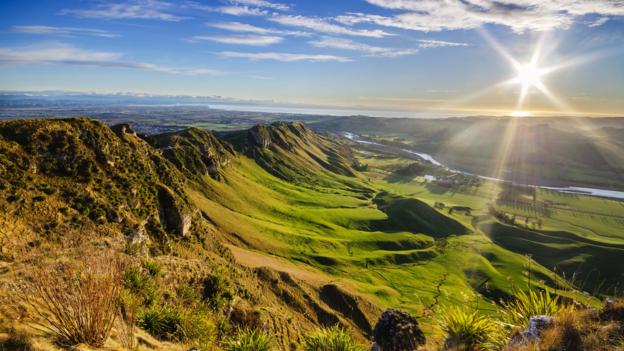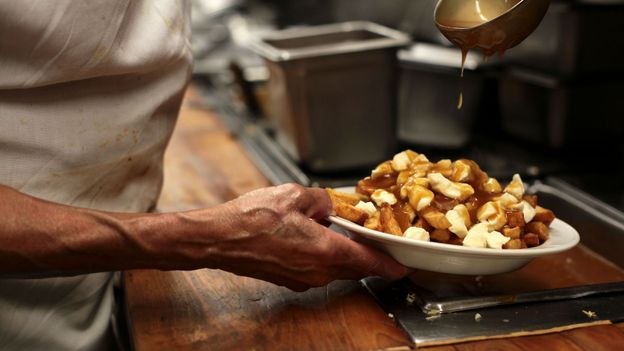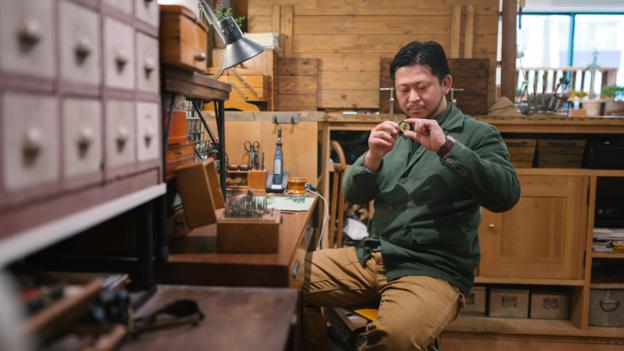I’d never met royalty before.
Parked outside the unassuming entrance to a remote farmstead in the boundless emptiness of the Western Australian outback, I was covered in red dust and preparing to meet a “prince”. This gateway is all that separates Australia from the self-declared Principality of Hutt River, a hereditary monarchy and micronation founded on 21 April 1970 by the late Leonard Casley, a wheat farmer turned outback ruler.
We never seceded for crowns or titles. We seceded to fight injustices
I was about to be swept up in a surreal story that’s been unfolding in this sunburned Aussie landscape since Prince Leonard’s declaration of independence 50 years ago; a story of princes and princesses, taxes and treason and wheat quotas and war.
I wiped the red dust from my sweat-soaked eyes, swatted away the flies and crossed the border.
“Good afternoon, Hutt River, Prince Richard speaking”. A tanned man wearing a well-worn chequered shirt had just picked up the phone as I strolled purposefully into the micronation’s “Government Offices”, single-storey building that is part museum, part immigration office and part souvenir shop. Momentarily thrown and entirely unsure of the formalities or ceremony that might surround a meeting with Hutt River royalty, I engrossed myself in the colourful Hutt River dollar notes and newspaper clippings on display while waiting somewhat nervously for “Prince” Richard Casley to finish answering questions from his caller on the subject of stamps in the micronation.
“Welcome to the Principality of Hutt River,” the prince addressed me formally once he’d hung up the phone. He leaned over the counter for a more laid-back, Aussie-style handshake. “I’m Prince Richard. And I’ll need your passport.”
It’s a long road that leads to the Hutt River, and I’d driven 500km north from Perth to acquire this unusual stamp in my passport. But nation building is never easy, and my visit coincided with what was clearly a turbulent time for the self-declared country.
Prince Richard informed me of the current state of affairs within the Principality while he scanned my passport with a fluorescent blue light – to detect forgeries, he said – before stamping me into the micronation.
“Prince Leonard is in hospital in Australia,” Prince Richard explained. “And Prince Graeme is attending to important royal duties outside the Principality.”
Prince Leonard would pass away on 13 February 2019, aged 93, not long after my visit to the Principality. In ailing health, he’d already abdicated in February 2017, selecting his youngest son Graeme Casley to inherit the throne.
You may also be interested in:
• Is this Australia’s best-kept secret?
• A treaty that changed how we travel
• A peculiar ‘nation’ off England’s coast
His Royal Highness Prince Graeme took over the mantle as Sovereign and Head of State, in addition to holding a plethora of eccentrically charming regal and ministerial titles, including the likes of Duke of Gilboa and Grand Master of the Order of Wisdom and Learning. His brother, Prince Richard, meanwhile, holds the posts of Minister of Postal Services and Grand Master of the Illustrious Order of Merit.
With a fresh stamp in my passport, I was keen to learn more about the inner workings of a micronation.
“We’ve had visitors from all over the world,” Prince Richard said, as he guided me back outside and into the baking-hot Hutt River sun. “We have a lot of tourists from Taiwan and Hong Kong; I think they understand what we are trying to do here.”
Called Nain, after a town in Galilee, the capital is a small collection of dusty but well-kept buildings that’s surrounded by a lonely expanse of farmland. At 75 sq km in area, the Principality’s “borders” encompass the entirety of the Casley family’s private farm. If this micronation had formal recognition, it would be many times larger than the Vatican City, Monaco, or San Marino – all sovereign nation-states.
We have a lot of tourists from Taiwan and Hong Kong; I think they understand what we are trying to do here
Prince Richard pointed out the buildings and structures that make up Nain, including an enormous sculpture of Prince Leonard’s head, a multi-denominational chapel and a room dedicated to both souvenirs and history (yes, I did purchase a $10 Principality of Hutt River souvenir T-shirt).
Prince Richard also made sure that I visited Princess Shirley’s Sacred Educational Shrine, built to honour his mother, Shirley Casley, who passed away in 2013. Prince Richard lamented that his mother toiled as tirelessly for the family, the farm and the country as Prince Leonard did.
“Hutt River is still a working farm,” Prince Richard said, as the tour continued. Tourism has played a major role in the micronation’s economy, but the history is firmly rooted in agriculture.
The story started when a low wheat quota imposed on Western Australian farms in 1969 would have left the Casley family with thousands of hectares of wheat they couldn’t legally sell. A frustrated Leonard took the extreme measure of declaring independence from Australia in 1970 to protest the low quotas and enable them to “export” the wheat instead. These practical, financial reasons for secession soon became blurred, however, as Leonard delved into archaic laws in search of a legal defence.
Leonard justified his secession based on his personal interpretation of obscure English common laws (part of the basis of Australian law) and international laws that he believed allowed him to form what he termed an independent “Self Preservation Government”. Soon enough, he was styling himself His Royal Highness Prince Leonard I of Hutt and handing out regal titles to his family and supporters, while defiantly continuing to sell wheat across their newly founded international borders with Australia.
But was this the emergence of a megalomaniac outback prince or was this all part of a savvy, political game? The answers proved to be as subjective as the very notion of sovereignty Prince Leonard strove to prove.
According to records of the State Register of Historic Places – in which the Principality is listed as a place of “high historic and social significance” within Australia – Leonard declared himself a prince to take legal advantage of the archaic English “Treason Act 1495”.
The act was passed by a medieval English parliament, and Leonard interpreted it as protecting a de facto ruling monarch such as himself from charges of treason within the Commonwealth. He further believed that if the Australian government attempted to stop the formation of a Hutt River government, then they themselves would be committing treason against Queen Elizabeth II, the constitutional monarch of both “countries”.
“We have always been loyal to the Queen,” remarked Prince Richard. “We never seceded from the Crown.”
Importantly, Prince Leonard only ever claimed independence from Australia, and he would spend the rest of his life trying to prove his micronation’s sovereignty.
The Principality of Hutt River has created all the trappings that you’d expect of a sovereign nation. There’s a national flag and anthem, postal stamps and a national currency. Visitors can spend the day exploring the Principality’s museum, chapel and gardens, before spending the night under the stars at Nain’s campsite.
We have always been loyal to the Queen. We never seceded from the Crown
The real novelty of a visit to the Principality of the Hutt River, though, is having the opportunity to meet with “royalty” and to learn first-hand their story during guided tours of the micronation’s capital. Admittedly, tours don’t take too long. Although the Principality claimed a worldwide citizenry numbering in the thousands (and even issued passports to their subjects), the permanent population of Nain was never more than 30 people, consisting of Leonard and his descendants.
As we walked around, Prince Richard told me that his nation’s quirky history has often been conflicted, nonchalantly mentioning that the Hutt River once went to war, “With Australia of course”.
On 2 December 1977, Prince Leonard declared war on Australia, not long after losing a tax-related court case brought about by the Supreme Court of Western Australia. Two days later, he declared the war over.
“War was declared, but not for the purposes of war,” Prince Richard informed me cryptically, before musing that he may or may not have seen a fighter jet flying over the Principality during the course of hostilities.
It was another political move, and a presumably bemused Australia said nothing. Prince Richard explained that because the Hutt River had emerged from the war undefeated, Australia should have entered into diplomatic relations with the micronation, thereby recognising the nation’s sovereignty.
But Australia never recognised the independence of Hutt River. The last decade has been particularly unkind to the Principality, too. In 2017, four years on from mourning the loss of the nation’s mother, Princess Shirley, the micronation lost its latest battle in the Supreme Court of Western Australia and was subsequently handed a A$3 million bill by the Australian Tax Office.
This last court case made the Australian government’s position absolutely clear when Justice Rene Le Miere ruled that “anyone can declare themselves a sovereign in their own home, but they cannot ignore the laws of Australia or not pay tax,” as reported by WA Today.
Despite Prince Leonard’s death last year, his family continued to raise the blue, gold and white standard of the Hutt River above the red plains of the Australian outback until 31 January 2020, when external pressure on the Hutt River’s borders and finances finally proved insurmountable.
The principality at first announced that the border would be closed and government operations put on “hiatus”. A decline in agricultural and tourist revenue, alongside the high costs of running a country, were cited as the main reasons for this border closure.
Then, while in the middle of its 50th anniversary year and under the looming threats of a worldwide pandemic and an ever-growing tax bill, Prince Graeme bowed out. On 3 August 2020, it was announced that the Principality of Hutt River would be ceded back to Australia, and the Casley family farm would be sold to pay debts owed.
The future of this remote farmstead is far from certain, but the bust of Prince Leonard’s head that stands by the border is a steadfast reminder that this isn’t a story that will simply drift away into the shifting outback sands. Spectacle never strays too far from Hutt River, and yet another dramatic twist or turn in this half-century long, princely tale would be far from surprising.
The Principality and its eccentric history inspired thousands to apply for citizenship, while thousands more have travelled to this remote farm in search of a unique passport stamp or a meeting with royalty.
Every nation needs a narrative, and for Prince Richard that narrative is undeniably clear.
“We never seceded for crowns or titles,” he said as I prepared to cross back across the dusty outback border to Australia, “we seceded to fight injustices.”
Places That Don’t Belong is a BBC Travel series that delves into the playful side of geography, taking you through the history and identity of geo-political anomalies and places along the way.
Join more than three million BBC Travel fans by liking us on Facebook, or follow us on Twitter and Instagram.
If you liked this story, sign up for the weekly bbc.com features newsletter called “The Essential List”. A handpicked selection of stories from BBC Future, Culture, Worklife and Travel, delivered to your inbox every Friday.



